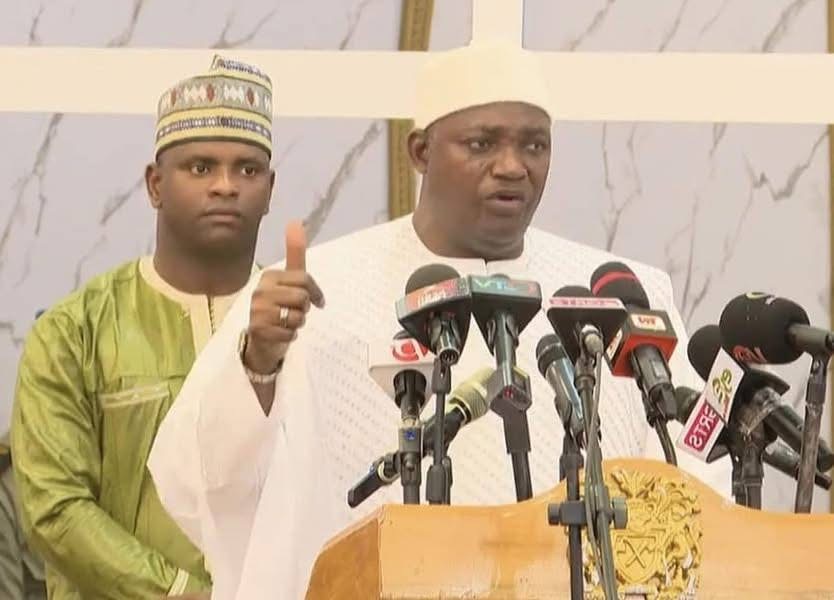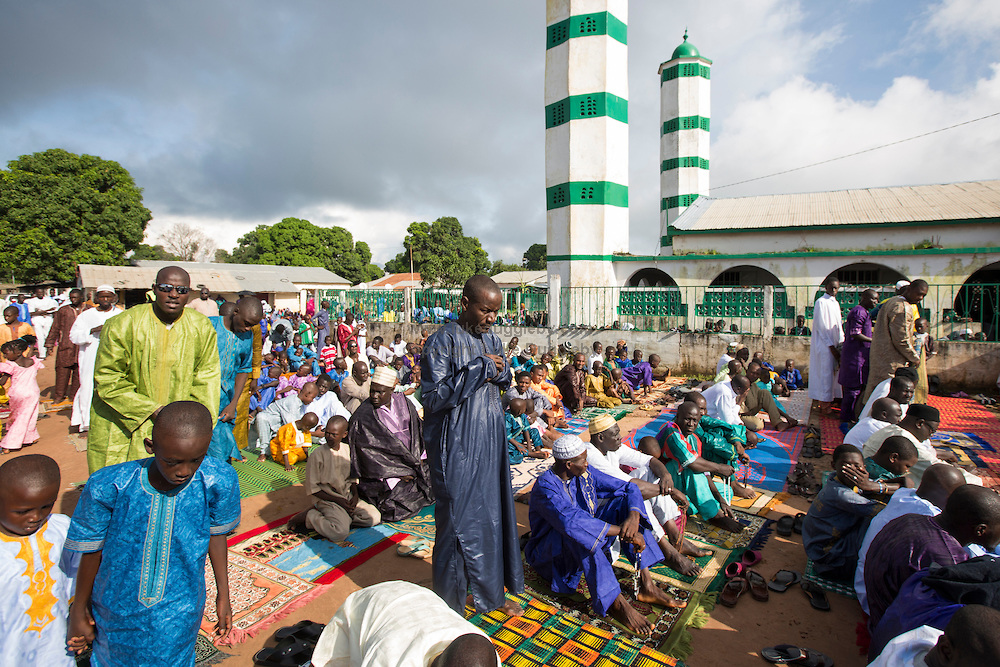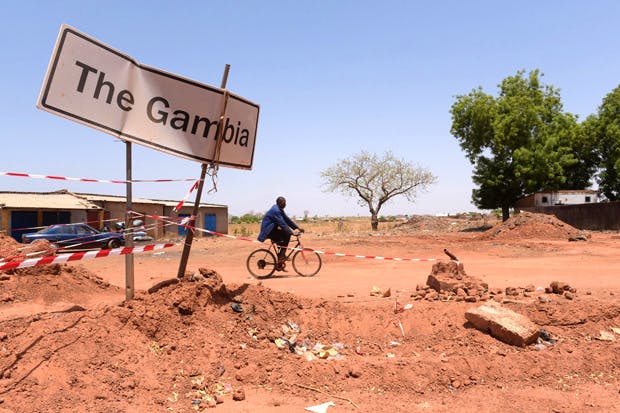
In the vibrant landscape of Gambian democracy, religious leaders hold immense influence, both as moral guides and community pillars. As the nation continues its journey of healing and progress, the recent remarks of Imam Darou Sanyang—likening President Barrow to Pharaoh—bring into sharp focus the delicate balance between freedom of expression and responsible leadership.
This controversy stems from the twisting of President Barrow’s “Meet the Banjul Elders” speech on Eid, where his observations about practices in other nations were misconstrued to fit critics’ personal narratives. Such distortions not only distract from the true intent of his message but also fuel unnecessary division.
While these critiques are emblematic of the democratic freedoms cherished in The Gambia, they also highlight the urgency of using these freedoms to unite rather than divide. The mosque, a place of spiritual solace, should never become a stage for tribal politics or populist rhetoric.
Instead, imams must rise above partisan agendas, channeling their influence toward fostering reconciliation, promoting civic education, and sustaining the democratic ideals that underpin The Gambia’s future.

The Gambia stands at a pivotal moment in its democratic journey, navigating the challenges of healing from decades of authoritarian rule while fostering an inclusive society.
Recent statements by some imams, particularly Imam Darou Sanyang, have ignited fierce debates. His comparison of President Barrow to Pharaoh, accusing him of pursuing dictatorial tendencies, underscores a broader issue: the role of religious leaders in a democratic society.
While such bold criticisms might find a platform in The Gambia’s democracy, they would be inconceivable in many Islamic states where imams face tighter restrictions. This stark contrast highlights both the freedoms of democracy and the responsibilities that come with it.
In his inflammatory remarks, Imam Sanyang reflects frustrations that might resonate with certain factions, but his language serves as a striking example of the freedom of expression afforded by democracy.
In other Islamic nations, imams are often subject to strict governmental oversight, with sermons monitored or pre-approved to prevent dissent or divisive rhetoric. Such a system, though limiting, seeks to maintain harmony and prevent religious platforms from being politicised.
In The Gambia, however, democracy has ushered in an era where imams can speak freely, even when their messages verge on the incendiary. Yet, this liberty is being tested when religious leaders cross the line into populist politics and tribal rhetoric.
During Yahya Jammeh’s despotic rule, many of these voices were notably absent. Their silence during that time—and their newfound outspokenness now—raises questions about the true motivations behind their critiques. Are these efforts truly aimed at promoting justice and accountability, or are they exploiting democracy for partisan or tribal agendas?
Imams occupy a vital space in Gambian society, serving as moral guides and community leaders.
At a time when the nation needs healing from its past divisions, their sermons should prioritize messages of unity, reconciliation, and peace. The platform of the mosque is sacred and should not be used for political campaigning or tribal rhetoric. This misuse not only undermines the sanctity of religion but also exacerbates societal divisions, hindering the progress that democracy seeks to achieve.
In many Islamic societies, imams are expected to rise above partisanship, focusing instead on the spiritual and moral upliftment of their communities. While President Barrow’s remarks about imams in other nations were misconstrued, they serve as an important reminder of the delicate balance between religious freedom and social responsibility. His comments were not a call for censorship but an observation of global practices, distorted by critics for political gain.
Democracy guarantees freedom of speech and association, but these freedoms must be exercised responsibly. If imams wish to engage in politics, the constitution allows them to do so transparently by joining or forming political parties.
However, hiding behind the pulpit to propagate partisan or tribal agendas is a betrayal of their spiritual mandate. Using inflammatory rhetoric, such as likening a democratically elected president to Pharaoh, risks eroding the very democratic principles that allow such expressions to exist.
The government, in collaboration with the Supreme Islamic Council and the Ministry of Religious Affairs, has a responsibility to establish clear guidelines for religious leaders. These bodies can provide structured channels for imams to voice their concerns, ensuring that disagreements are addressed constructively rather than through divisive rhetoric.
Civic education campaigns could also play a critical role, empowering both religious leaders and their congregations with the knowledge to navigate democracy responsibly.
The Gambia’s democracy is a precious achievement, and its preservation requires collective effort. Imams, as custodians of moral and spiritual guidance, have a unique opportunity to complement government efforts in fostering an informed, united, and active citizenry.

By focusing their sermons on civic education, reconciliation, and global issues such as the plight of Palestinians or the suffering in Gaza, imams can redirect their influence toward causes that inspire solidarity rather than discord.
Ultimately, this is not about silencing religious leaders but about encouraging them to use their powerful platforms for the greater good. The Gambia’s journey toward healing and progress depends on the collective commitment of all its leaders—religious, political, and civic—to uphold the principles of justice, unity, and democracy.
By Alagi Yorro Jallow











Recent Comments